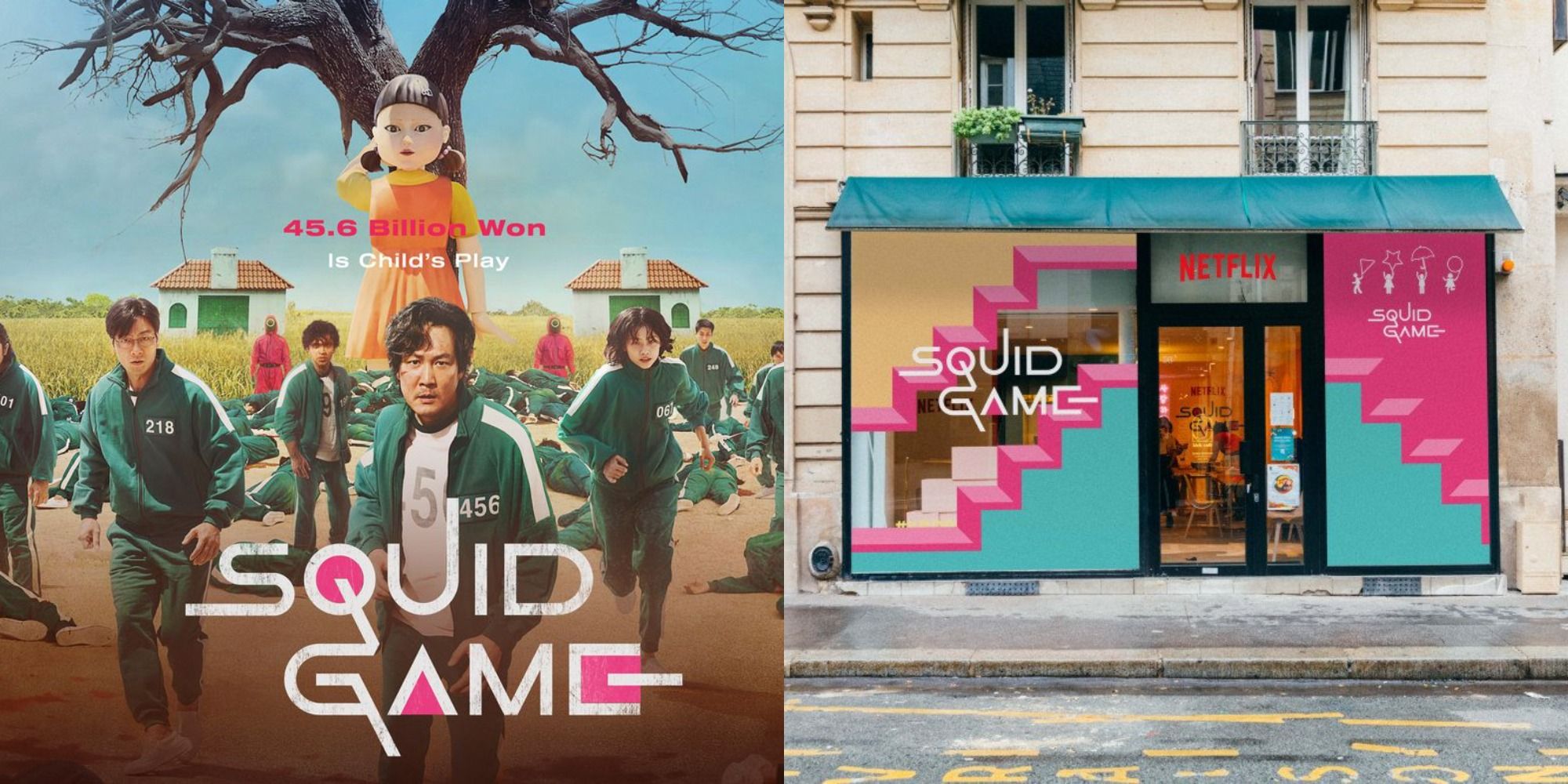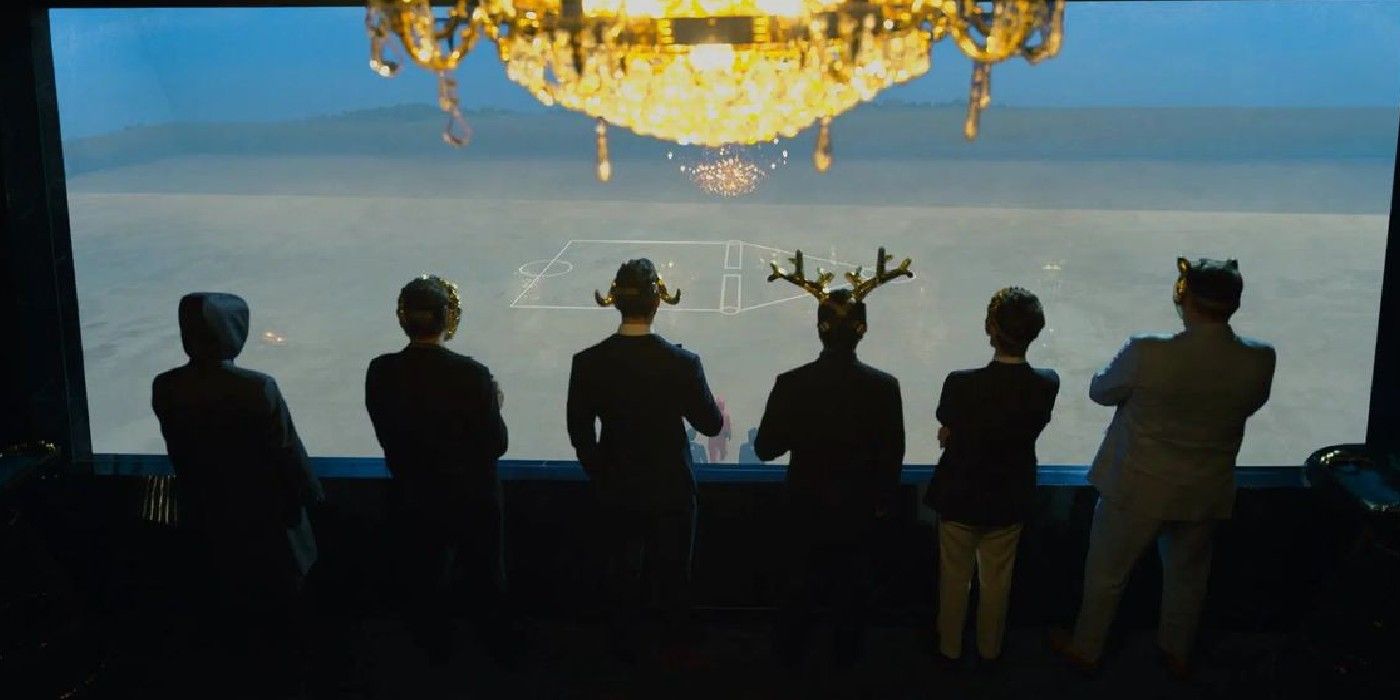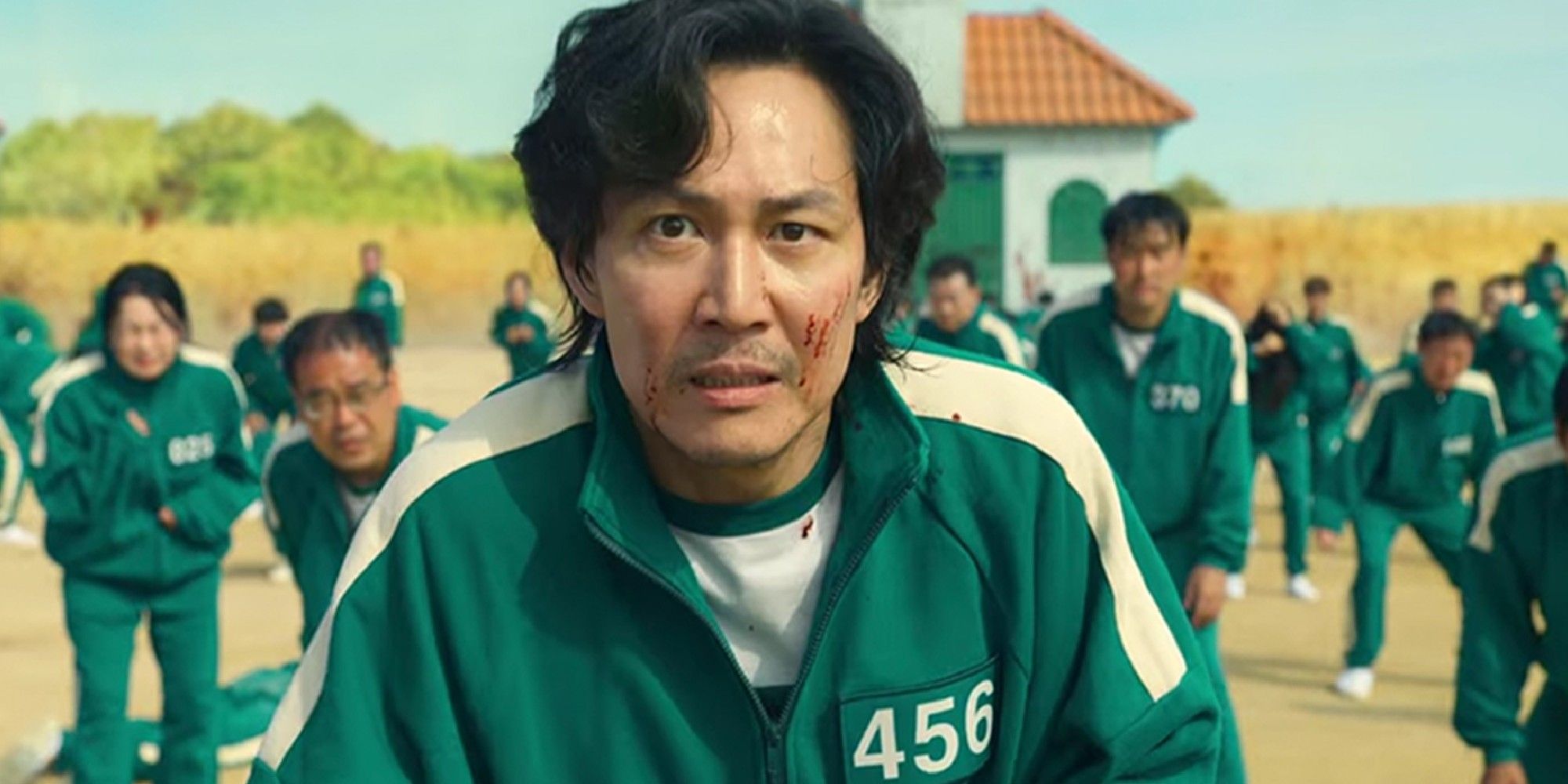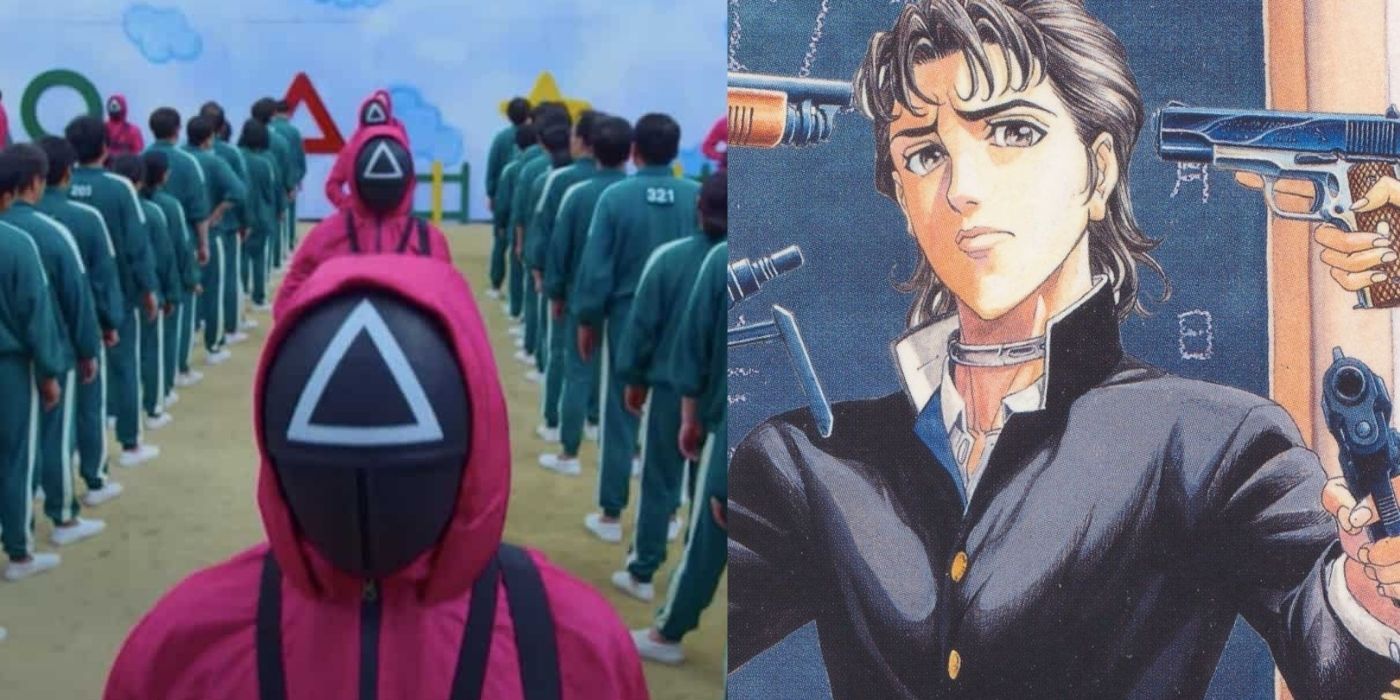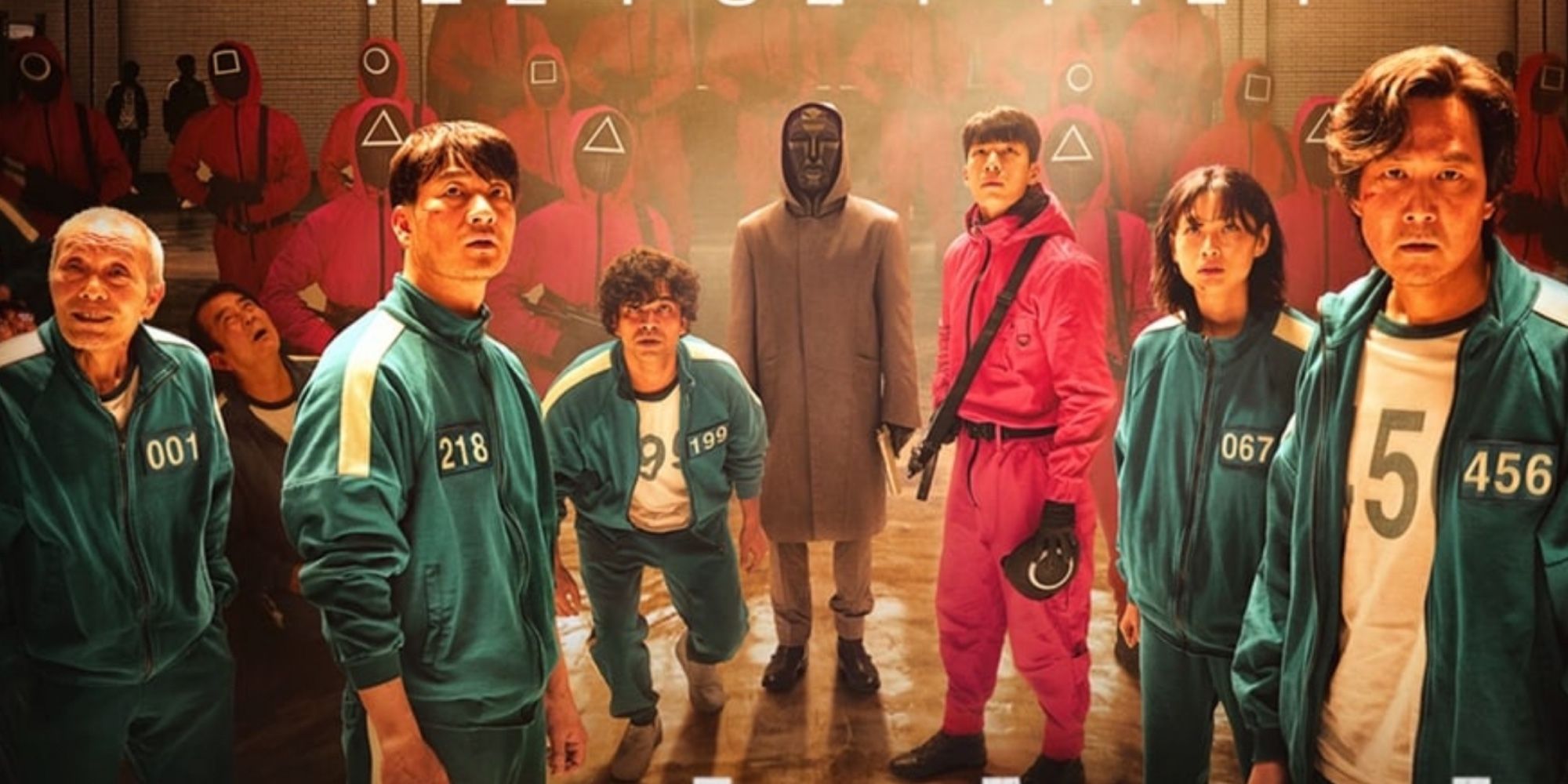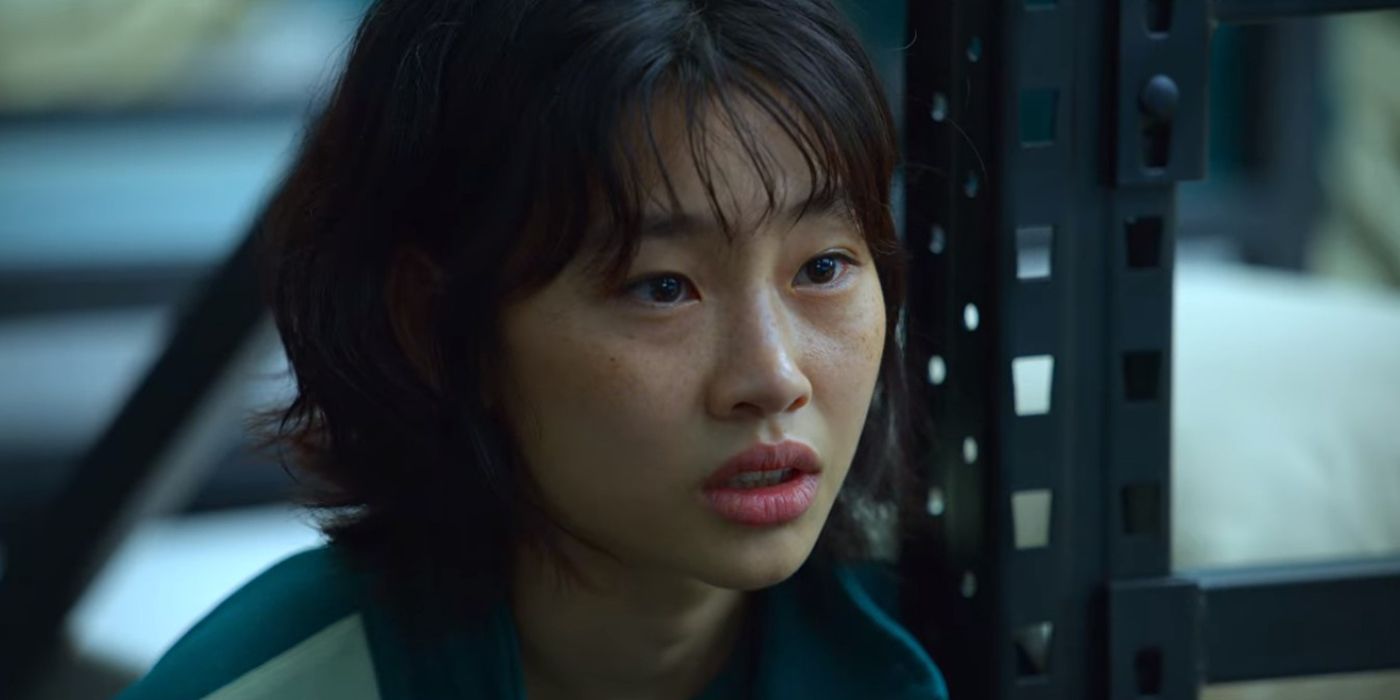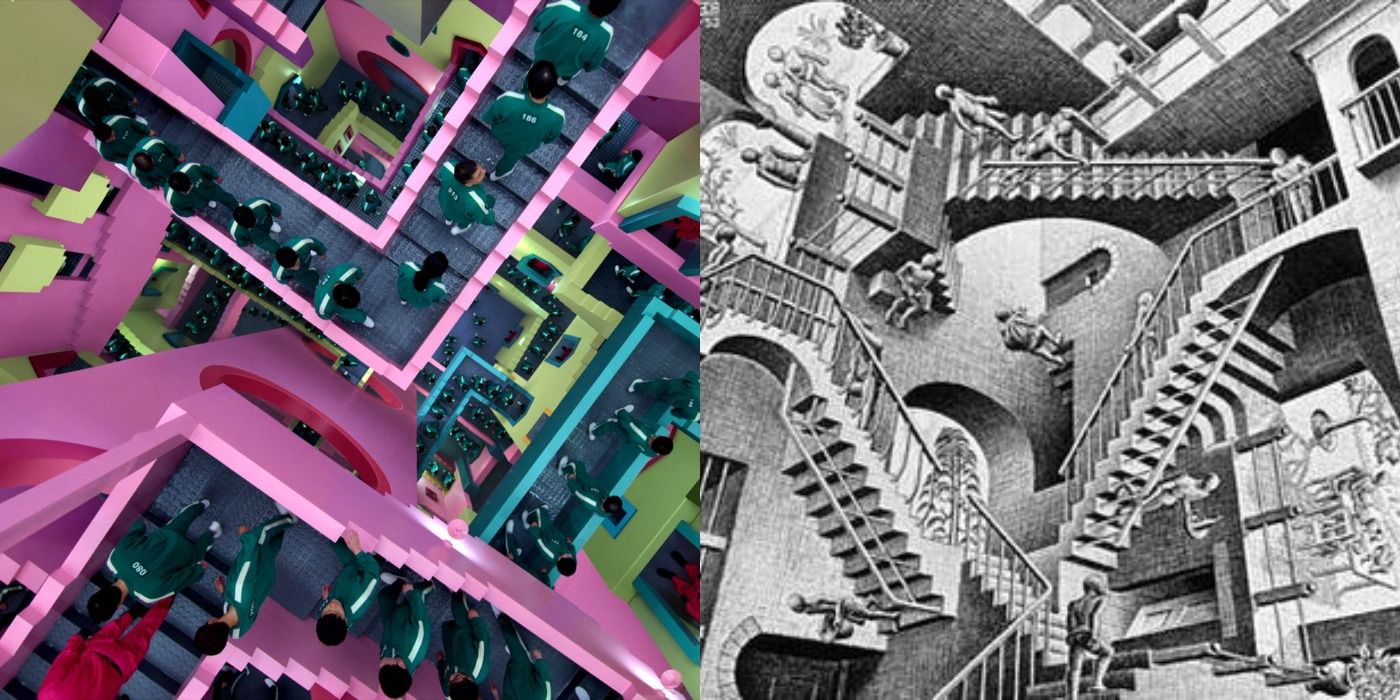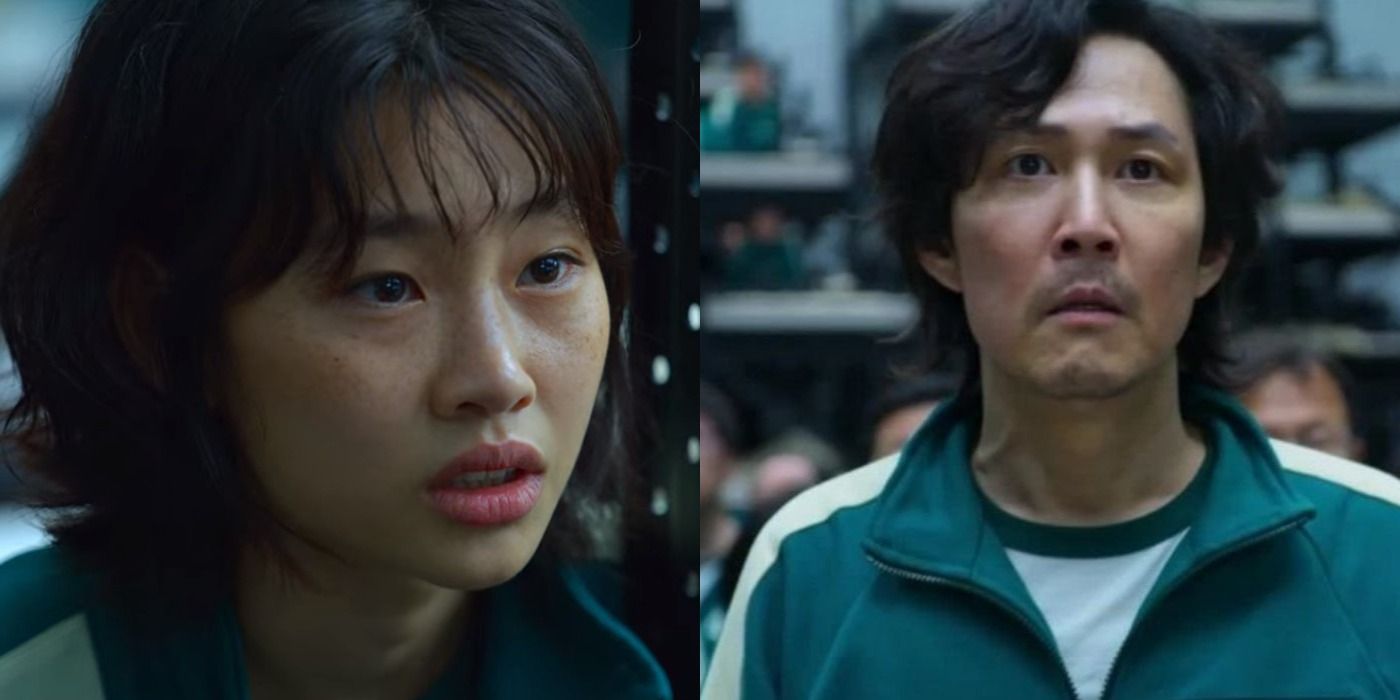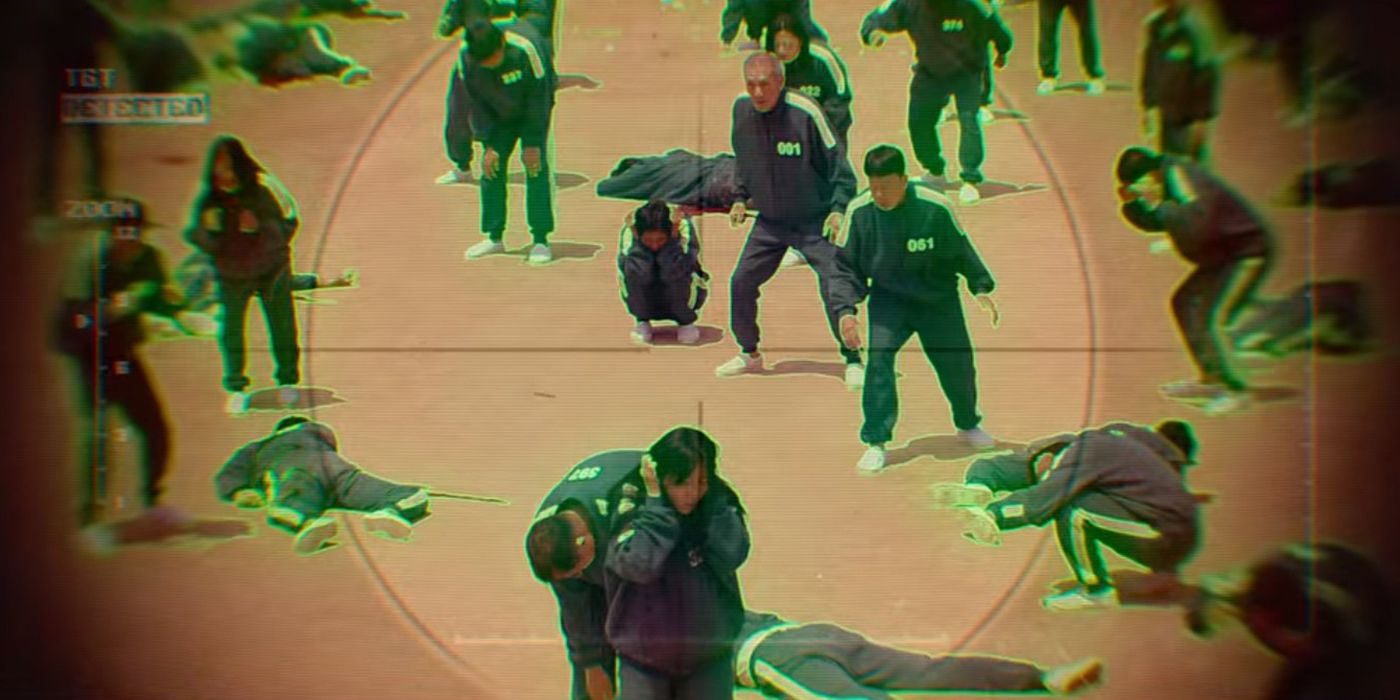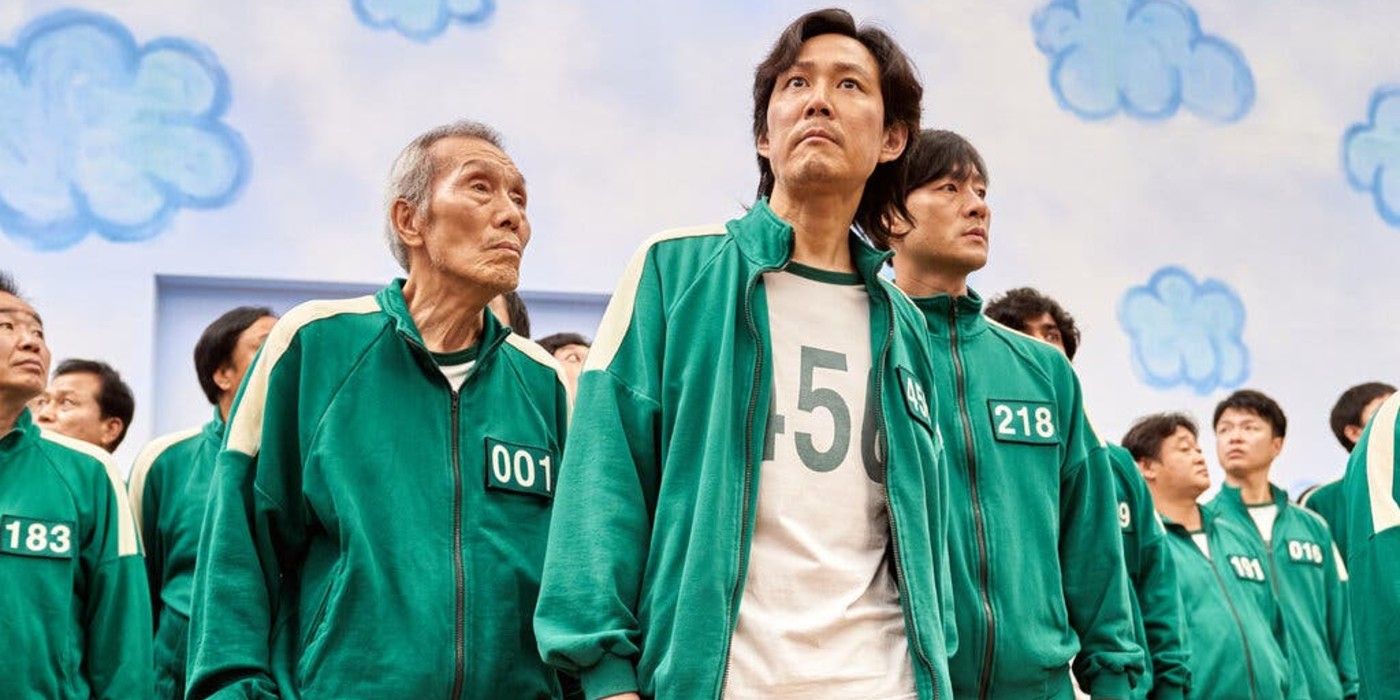As one of the most successful Netflix series of all time, Squid Game and its cast have become iconic around the world. Even the setting and music of the Korean drama series are instantly recognizable to millions of people. But there is a lot to Hwang Dong-Hyuk's revolutionary show that the majority of its fans doesn't know about.
From the unlikely origins of the show to the background of the cast and interesting happenings on set, there are some details about the production that only the most knowledgeable of Squid Game fans are talking about. These facts may often be overlooked by others, but they provide a fascinating insight into one of the coolest shows of this generation.
Squid Game Wasn't Always Meant For TV
In the wake of the financial crisis in 2008 and the ongoing debt crisis in South Korea in 2009, a struggling Hwang Dong-Hyuk penned his idea for something that would use a battle-royale-type format to explore issues surrounding wealth inequality. Whilst it might be assumed that this was an idea for a TV show, it was originally a feature film script that Hwang wrote.
Hwang was unable to convince Korean production groups to adapt the script and so the idea was put aside while the director enjoyed success with other movies. It wasn't until Netflix came along that Hwang adapted the concept into a full series for the streaming giant, and even added in new plotlines like Joon-Ho, the detective, breaking into the facility and discovering more about the deadly conspiracy.
The Worker's Strike In Gi-Hun's Past Was Real
Witnessing a friend die in a worker's strike at a major car factory was a defining moment in Gi-Hun's backstory that helped explain why he was so haunted by the past. In reality, that aspect of the character's backstory was based on the 2009 strike at a Ssangyong Motors plant in Korea that turned violent.
In contrast to the strike in Squid Game, the real event began as a protest over a crackdown on workers' rights that escalated to a 77-day occupation of the factory (per The New York Times). Riot police were sent to stop the protests, utilizing tear gas and water cannons, while the workers responded with improvised slingshots, Molotov cocktails, and whatever they could find to throw. Just like the protests that Gi-Hun remembers, workers were injured and some died as a result of the event.
Squid Game Drew Inspiration From Manga
Before writing the script, Hwang Dong-Hyuk spent his time sitting in "comic book cafes," according to The Hollywood Reporter, and reading manga series such as Liar Game, Kaiji, and Battle Royale, some of which went on to be some of the best survival dramas on television. The director was doing very poorly financially at the time and identified with the kind of people who found themselves in life-or-death games in these series, and it became a key source of inspiration for Squid Game.
The director wished that he had the chance to enter a game like this for the chance to solve his own financial problems, and as a result, was able to write very believable characters in poor enough circumstances that they would be willing to risk it all.
Squid Game Features An All-Star Cast
While Squid Game may be the first a lot of viewers outside of Asia had heard of the actors in Squid Game, some of them were very famous celebrities in Korea in their own right, even before the astronomical success of the show. Lee Jung-Jae, the actor for Gi-hun, had been appearing on Korean television screens since the mid-90s. Whilst his career had ups and downs since then, he was already a very successful actor, even starring in The Thieves, one of the highest-grossing Korean films of all time.
Wi Ha-Joon and Park Hae-Soo, actors for Hwang Jun-Ho and Cho Sang-Woo (two of the smartest characters in Squid Game), have also starred in a variety of successful television series and films. Gong Yoo, the actor who played the unnamed man who approaches Gi-hun on a train platform for a game, also starred as the lead in Train to Busan.
Not All The Actors Were Experienced
Whilst plenty of the cast did have a lot of films and television roles under their belt, for HoYeon Jung, who played the North Korean defector Kang Sae-Byeok in the series, this was her acting debut. Jung rose to prominence due to the success of her modeling career, winning awards, and becoming known for her work on the catwalk.
However, she continued to take acting lessons even as her modeling career continued to bring her widespread fame and made her debut in Squid Game after auditioning over a video call while in New York. Whilst Jung became worried at times that she might not be able to pull off such a difficult role, she became one of the series' breakout stars.
The Set Design Took Inspiration From Art
Production designer Chae Kyoung-Sun had a challenge producing some of the most visually striking sets on television for Squid Game. In order to produce a visual impact that reflected the position of the contestants, she used inspiration from art. One of these was the M.C. Escher print, Relativity, with its abstract staircases all going to different places with no apparent end.
Chae wanted this structure to be a way of showing how restricted the contestants are by their surroundings. The designer also admitted that this was the hardest set to put together practically, according to Architectural Digest, with lots of pieces that had to be fit together through trial and error.
Improvisation Was Crucial To Squid Games' Success
Whilst it would be easy to assume that in such a well-executed show, there can't have been much room for improvisation, it nevertheless played a big part in the show's production. Lee Jung-Jae in particular made use of the freedom that the actors had in order to create new character-defining moments.
One example of this was in the scene where Gi-Hun knocks into Sae-Byeok, causing her to drop her drink. While filming the scene, Lee took the extra step of grabbing the straw from the ground and sticking it back into the drink before handing it to her, a clumsy yet considerate thing given the character's predicament at the time. Moments like this helped make it easier to root for Gi-Hun even during the character's lowest points.
Production Was Hard On The Actors At Times
With such huge sets and a large cast needing identical costumes, the group ran into some major problems during filming. One of the biggest problems became the large gym area where the player's beds were kept. During the early scenes, this set could be filled with hundreds of actors, becoming extremely hot and dusty.
This problem was worsened by the fact that a lot of the team were suffering from allergies and struggling to breathe in the rough environment. It's possible not all of the uncomfortable expressions the players make during the games are a result of acting the horrible things the characters in Squid Game do to one another.
A Squid Game Shop Opened In Paris
A Squid Game pop-up store appeared in Paris in early October (per PopBuzz), set up by a French K-pop-themed café company. During the event, customers were able to come to the store and play their own version of a game for the show albeit with much lower stakes.
Customers would come to the store and guess the shape of a Dalgona candy, the thin biscuits that are a popular street food in Korea, and could win a free one-month Netflix subscription if they guessed correctly. The store didn't stay for very long sadly.
The Creator Didn't Intend To Make A Sequel So Soon
After the long, arduous process of creating the first season of the show, Hwang did not have well-developed plans for a second season and intended to focus on other projects at least for the moment. Whilst Squid Game was a huge team effort, the director prefers to work alone for a lot of his projects.
However, with the recent announcement that a second season of the show is in early development, it seems that Hwang has been tempted back to the project already, though the director has said it's too early to give any concrete details, according to The Charger Bulletin.

